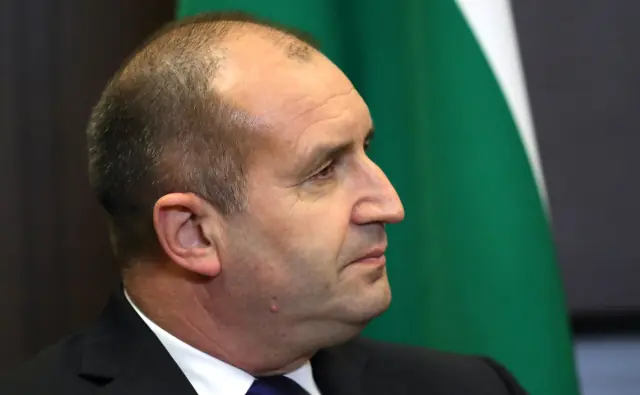
In a decisive move that has stirred both anticipation and controversy, Bulgarian President Rumen Radev has opted not to veto the proposed amendments to the Gambling Law, effectively ushering in a ban on gambling advertisements in the media.
President Radev’s deliberation on the amendments had been closely watched, with expectations running high for his stance on the contentious issue. Previously indicating a need for thorough consideration and consultation with advisors, Radev’s decision to forego a veto underscores the momentum behind the proposed ban.
The prohibition on gambling advertisements in the media garnered substantial support within the 49th National Assembly, with a resounding majority of deputies endorsing the amendments during its final session.
Despite objections voiced by multiple sectors, including media entities and businesses, the amendments advanced through the legislative process largely unimpeded.
Critics of the ban argued for broader public discourse before its implementation, highlighting concerns over its potential economic and societal implications.
The genesis of the amendments traces back to members of the GERB and DPS parties, with Yordan Tsonev (DPS) and Temenuzka Petkova (GERB) spearheading the initiative during the waning days of the 49th National Assembly. Swiftly progressing through committee review and plenary approval, the amendments faced minimal resistance en route to adoption.
An expedited meeting of the Committee on Budget and Finance facilitated the timely voting on the amendments, coinciding with the deputies’ pre-election recess.
Notably, this move towards restricting gambling advertisements parallels an earlier proposal put forth by the “Revival” faction in April. However, this initial attempt met with rejection, as GERB, DPS, and “We Continue the Change – Democratic Bulgaria” voted against it.
The subsequent endorsement of similar measures reflects a shifting tide within Bulgarian legislative circles, signaling a concerted effort to address concerns surrounding gambling-related activities and their societal impact.
The ramifications of the ban are expected to reverberate across various sectors, particularly within the media and gambling industries. With advertising revenue constituting a significant source of income for media outlets, the absence of gambling advertisements is poised to reshape revenue streams and operational strategies.
Similarly, gambling operators face the prospect of adapting their marketing approaches in compliance with the new regulatory framework, potentially altering industry dynamics and consumer engagement practices.
As Bulgaria prepares to navigate the implications of this legislative overhaul, stakeholders remain poised for further developments and potential challenges on the horizon.
Amidst ongoing debates surrounding the regulation of gambling and its associated advertising, President Radev’s decision marks a pivotal moment in Bulgaria’s quest for balanced and responsible governance in the realm of gaming and media.
This article was created using automation and was thoroughly edited and fact-checked by one of our staff editorial members
